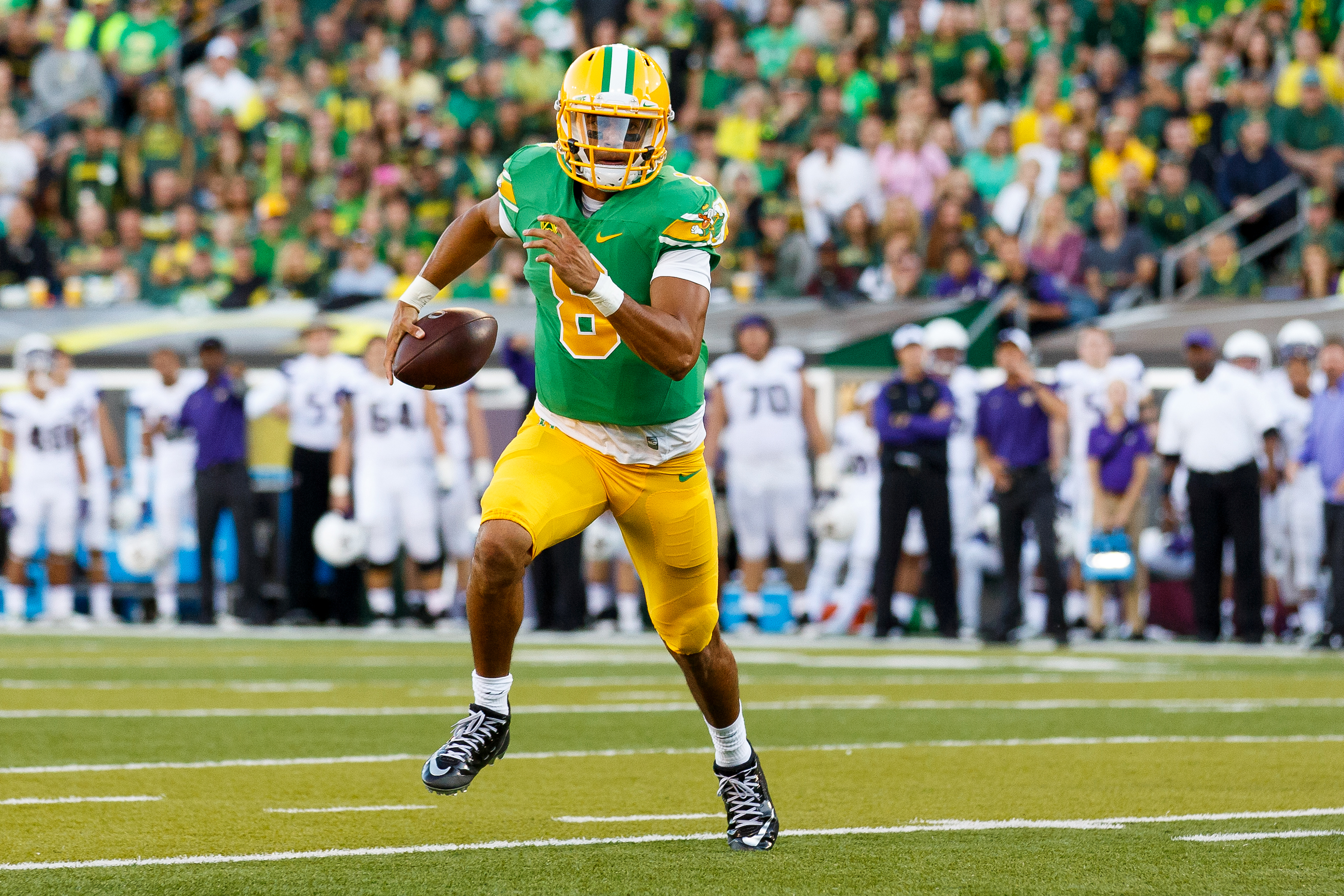The State of Oregon Senate is considering a bill that would alter the state’s athlete agent laws. Senate Bill 5, titled the “Revised Uniform Athlete Agents Act,” would revamp various definitions, including that of “athlete agent.” It would make changes as to whom would be a considered an athlete agent in the state as well as whom would be excluded from the definition.
Importantly, the proposed law would consider the following as “athlete agents”: those who serve the athlete in an advisory capacity on a matter related to finances, business pursuits or career management decisions; or manages the business affairs of the athlete by providing assistance with bills, payments, contracts or taxes. The aforesaid individuals would not traditionally be viewed as athlete agents, as they are not directly involved in negotiating contracts. As such, Oregon may expand the definition of what it means to be an athlete agent, strictly within the state’s borders.
An individual employed by, and acting solely on behalf of a publicly traded corporation engaged in consumer brand marketing and seeking to negotiate an endorsement contract would not be considered an athlete agent under the proposed law.
Existing law on this subject allows an educational institution to have a cause of action against an athlete agent or former student athlete for damages caused by a violation. Interestingly, the proposed law would also give a student athlete the right to sue an athlete agent under the statute for civil remedies as well.
“We cannot be complacent; there is still a problem for athletes in Oregon’s high schools and colleges,” stated University of Oregon’s senior associate athletic director Jeff Hawkins in his testimony to the Senate Judiciary Committee. “We’ve seen tremendous growth in sports agents, and they have powerful economic incentives to form relationships with athletes. Unfortunately, often times they use improper benefits like cash and gifts that put student’s education and careers at risk. SB 5 protects student athletes and their families and better regulates improper interactions between athletes and agents.”
